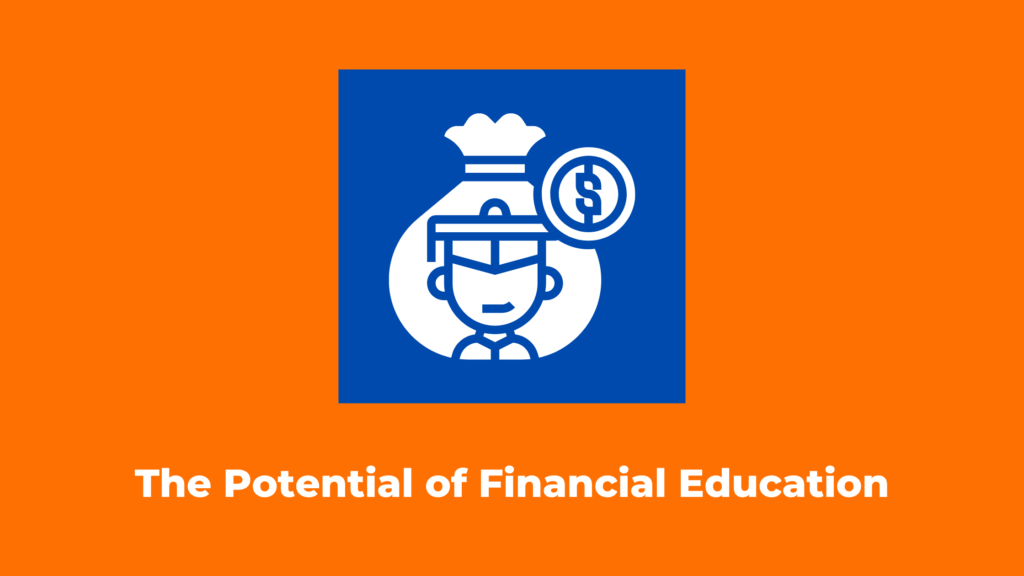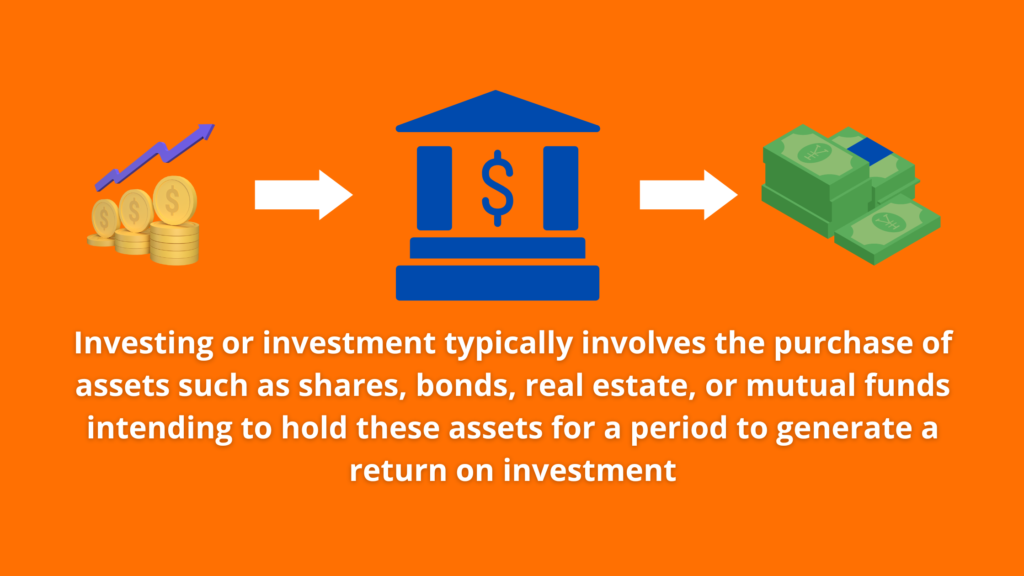Investment decisions can be challenging, considering the multitude of factors that can influence the outcome. However, with a solid financial education, investors are better equipped to navigate the market’s complexities and broaden their investment horizons. Financial education remains an untapped potential for many individuals, and understanding its importance can unlock a wealth of opportunities.
Why Financial Education Matters
A comprehensive financial education lays the foundation for making informed investment decisions. It provides individuals with the knowledge and skills necessary to understand and evaluate an investment opportunity and its inherent risks and rewards. Financial literacy gives investors the tools to discern between a good investment and a poor one, ultimately driving them toward achieving their financial goals.
With the complexities of financial markets and the economic landscape, a sound understanding of these elements can be the difference between investment success and failure. It is therefore surprising that financial education is not a more significant focus, especially considering the impact it can have on individuals’ financial well-being.
Navigating Complex Financial Products
A comprehensive financial education empowers investors to navigate an increasingly complex array of financial products and services. For instance, understanding mortgage products is crucial for anyone considering homeownership or investment properties. A variety of mortgage types exist, each with its own terms, interest rates, and repayment schedules, which can seem overwhelming without proper financial knowledge. Courses like a Diploma of Mortgage Broking could be valuable for individuals interested in real estate investments. By understanding the intricacies of mortgage products, investors can select options that best fit their financial circumstances and long-term investment goals.
Cultivating Healthy Financial Habits
Financial education encourages the formation of healthy financial habits, such as regular saving, disciplined spending, and prudent investing. These habits contribute significantly to overall financial health and resilience. For instance, understanding the power of compound interest can encourage regular saving and long-term investment. By consistently setting money aside and investing wisely, individuals can significantly increase their wealth over time. Similarly, knowing the implications of excessive debt can encourage disciplined spending and better debt management.
Harnessing the Power of Financial Advising
Professional financial advice can be invaluable in making informed investment decisions. A financial advisor can provide personalized advice based on an individual’s financial situation, goals, and risk tolerance. However, it’s important for individuals to have a solid financial foundation to effectively engage with advisors. A sound financial education enables individuals to ask the right questions, understand the advice given, and make decisions that align with their investment strategies. It ensures that the relationship between the advisor and the client is a collaborative partnership, leading to more informed and beneficial financial decisions.
The Core Elements of Financial Education
The first step in financial education is understanding the basics of finance: budgeting, understanding income and expenses, and the concept of interest. This foundation is critical in managing personal finances effectively and is the starting point for more complex financial topics.
Investing is another crucial aspect of financial education. It involves understanding different investment types, such as stocks, bonds, mutual funds, and real estate, and how these assets work. Furthermore, an investor must comprehend concepts like risk and reward, portfolio diversification, and the time value of money.
Additionally, a comprehensive financial education should also include an understanding of the broader economic landscape. This means grasping macroeconomic principles, such as inflation and economic growth, and how they affect investments.
Bridging the Financial Education Gap
While the importance of financial education is clear, there remains a significant gap in financial literacy among the general population. Many people lack basic financial knowledge, a reality reflected in poor savings rates, high levels of debt, and a lack of retirement preparedness.
Bridging this gap starts with incorporating financial education into school curriculums. Ensuring that students graduate with a fundamental understanding of financial concepts is crucial for their future financial well-being.
Adults, too, need access to ongoing financial education. Financial markets and products evolve over time, and maintaining an up-to-date understanding of these changes is vital. Employers can play a role here, offering financial education as part of their employee benefits programs.
Finally, governments and non-profit organizations can also contribute by providing resources and programs aimed at improving financial literacy. Offering free or low-cost financial education resources can help individuals who may not have access to such information otherwise.
Financial Education and Technology
With the rise of technology, access to financial education has significantly improved. Various online platforms offer courses, webinars, and articles on a wide range of financial topics. These resources are often free or low-cost, making financial education accessible to a broader audience.
Moreover, financial technology (fintech) companies have created apps and tools that can help individuals manage their finances and invest more effectively. By making investing more accessible and understandable, these technologies have the potential to significantly boost financial literacy.
The Impact of Financial Education on Investment Decisions
Armed with financial knowledge, individuals are more likely to make informed investment decisions. They understand the risk and reward trade-offs and can evaluate investment opportunities more accurately. Moreover, financially literate individuals are more likely to diversify their investments, reducing their risk and potentially increasing their returns.
A robust financial education also enables investors to set realistic investment goals and devise strategies to achieve them. Whether it’s saving for retirement, a home, or a child’s education, understanding how to effectively invest can significantly impact these goals.
Conclusion
Financial education is a journey rather than a destination. It’s a continuous process that evolves with the changes in financial markets and economic landscapes. By embracing financial education, individuals can broaden their investment horizons, explore untapped opportunities, and build a secure financial future. Indeed, financial literacy is not merely an option—it is an essential element for every investor aspiring to achieve financial success.

Pardeep is the founder and editor of Small Investment Ideas. He believes that everyone can change their life with the help of small investments and achieve financial freedom.


